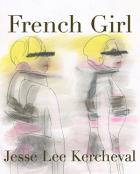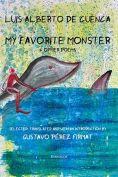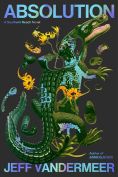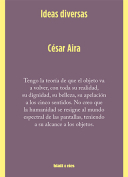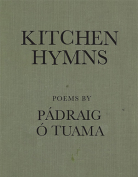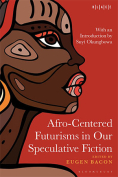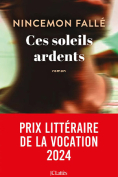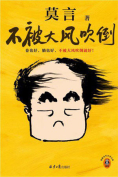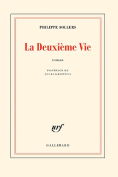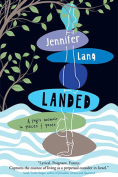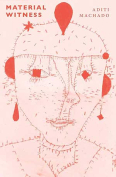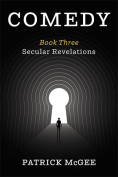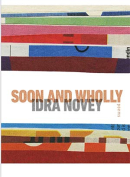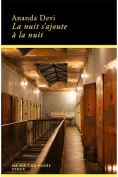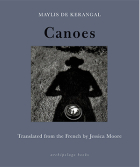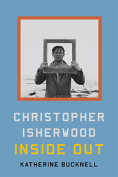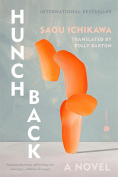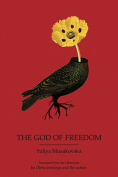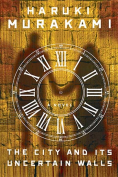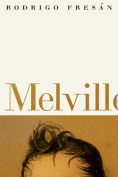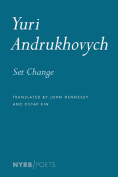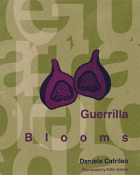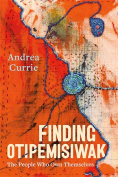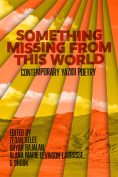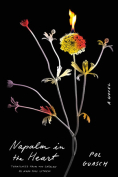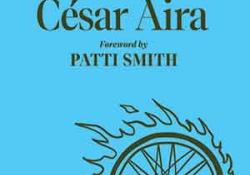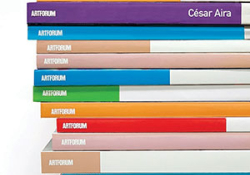Ideas diversas by César Aira
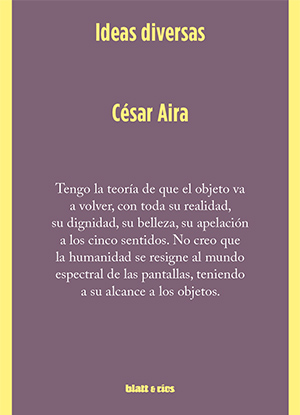
Buenos Aires. Blatt & Ríos. 2024. 111 pages.
Ours is a good time to think about how novelists expand their ideas. Various Latin Americans of different backgrounds and approaches to the contemporary world choose to spread them in nonfiction. This limited writing (essayistic is inaccurate) abounds in César Aira’s Ideas diversas. His book repeatedly demonstrates that subordinating “theoretical” fictions allows for different “procedures” (his essential methodology), provoking dissimilar understandings or expectations about what critical rationalism is.
Thinking of analysis as personal taste or self-help, and ignoring that of others, is an impractical reductionism in this era of “surveillance capitalism” that undermines this type of examination. Ideas diversas discards this thinking, turning its antecedents into productive challenges and a master lesson, with rational balance, grace, and honesty. Like his novels, Aira’s nonfiction is part of a fickle collective autobiography in a fictional century, in which he observes without disdain or mockery how ideas cannot be disconnected from those who produce them.
His compendium harmonizes feelings and thoughts within reach and others wrapped in theories that do not match up. Briefly dialoguing with ideas or works by “dead white artists” (Pessoa, Borges, Lezama Lima, Hockney, Klee, his gods Duchamp and Roussel) and a classic canon that includes Alejandra Pizarnik (popularity does not mean greatness), Aira thinks about the tension between the threatening digital present and the analog past, confirming: “I have the theory that the object will return, with all its reality, its dignity, its beauty, its appeal to the five senses. I do not believe that humanity will resign itself to the spectral world of screens, having objects within reach.” Aira has epigones in that respect, but without his authenticity, happiness, or lucidity. In 2016 he was asked, “Do you read contemporaries, young people?” He answered: “I read a lot of first two pages.”
Consequently, in the last third of Ideas diversas he resorts to von Kleist when explaining the need and importance of an idea in order to write, because literature needs it “to become readable.” If he acknowledges “I am equally indifferent to football and politics,” ten pages later he affirms:
One of the great evils that Marxism caused to twentieth-century culture was the immense intellectual work that it promoted in the name of what ended up being revealed as an unfounded illusion. . . . However, in some specific cases the damage is evident. For example, in Walter Benjamin, suffering, and obeying, the corrections made to him from dogma. Although perhaps without these obstacles he would not have written anything. Who knows . . . There is another obsolete library, also quite extensive, the anti-Marxist one.
It is as if he were learning and instructing, sometimes with the inflection of lessons (toward the end of the book he discusses the “truth,” aware that one can lie with true data). One of the longest is about Borges, and he appeals to the teachings of Sarraute, Almodóvar, Gombrowicz, Dante, Garcilaso, and Blanchot to explain plagiarism. This is how he proceeds in most of his entries, including a thoughtful definition of autofiction as a work that “becomes useless and obsolete.”
As in Continuación de ideas diversas (2014), its precursor, aphorisms and fragments are the most suitable forms, with several dedicated to the novel. When tracing how he has thought about the genre since the 1970s, his ironic conclusion is not surprising: “I could not be a realist writer, because to be one you have to know many things about reality, things that do not interest me and it would be a thankless job to go and find out about them. . . . To be a realist I would have to write about myself.” It is his way of coping with the novel’s capacity for representation and the apparent need for new strategies and forms.
His interest in established, challenging art is evident in his narrative and nonfiction. By synchronizing them, he shows a sprezzatura and maturity that do not combat the virtuosity of others with his own, or with categorical reflections that undermine attempts to intertwine arguments. Never anachronistic in his narrative, he declares: “Setting a novel in remote times and distant lands (ancient Rome or Greece, as I did) forces me to strip the characters of all the material and psychological junk with which I move in my reality . . . a healthy stripping for fiction, lightening it of automatisms, of the noise of my opinions and reactions.” Thus, he prefers the nonbaroque complexity of less is more, the minimalism of countless Latin American masters of the “simple forms” that shape literature.
Interpreting Aira can result in an ambivalent relationship, which makes one wonder if criticism could become negative. But he continually interrupts the effects of his writing, without letting an idea take root; and that is the point of his career and his art, as noted in his novel Lugones (see WLT Weekly, 2021). Nevertheless, when he writes about topics that give meaning to the chaos that surrounds him, he does not always remember that his experiences are not those of others, or that some books he consults have lost their aura of bibliotherapy.
Aira thinks beyond where he exists (his fiction), without getting tangled up in his homeland. Ideas diversas also avoids capitulations, expressing anxiety about the authenticity of the artistic status of literature, and the exemption from morality is obvious when condemning those who do not think like them and what they demand in return. With turns of hope similar to those of Byung-Chul Han or Steven Pinker in the face of so much negativism in the West, Aira shows that the typical critical framework is not ideal to condemn, decipher, redeem, or sentence.
Will H. Corral
San Francisco
